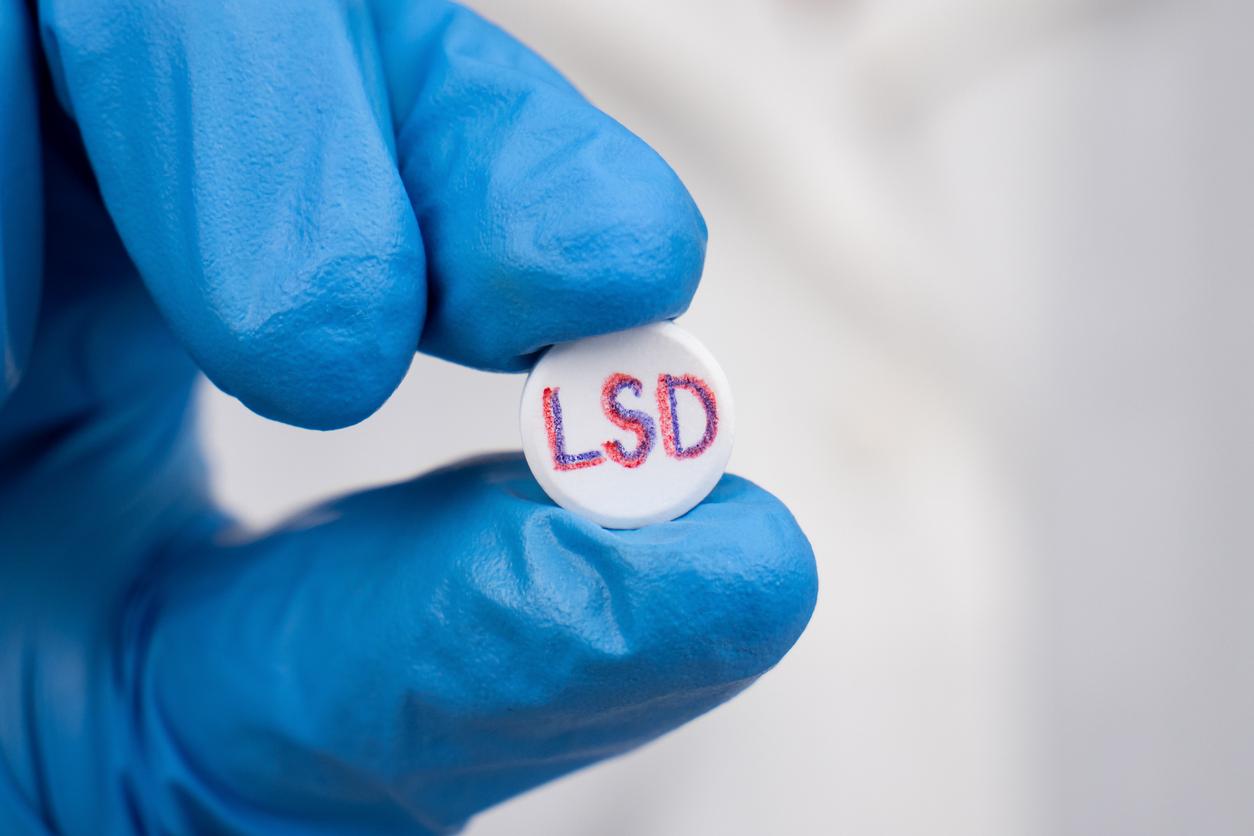The drug Gilenya (Fingolimod), indicated for the oral treatment of multiple sclerosis (MS)is subject to special monitoring because of the serious adverse effects it can cause.
MS is an autoimmune disease characterized by immune system dysfunction which attacks the components of the protective sheath of neurons, the myelin. This medicine works against these attacks and lessens the harmful effects of MS. After two years of treatment, Gilenya decreases the relapse rate by 52% per year.
Marketed in December 2011 by the Novartis laboratory, Gilenya is used in patients who have not responded to conventional treatment with interferon beta or who suffer from a very active form of the disease. Its use, orally once a day, is practical, but the side effects are not negligible: cardiovascular disorders, infections, cancers, eye and liver disorders are just one example. Pregnancy is prohibited throughout the duration of treatment, given its toxicity, explains the national drug safety agency.
Among other things, after several cases of unexplained death, the European Medicines Agency decided to strengthen the surveillance of all patients at the start of treatment.
















